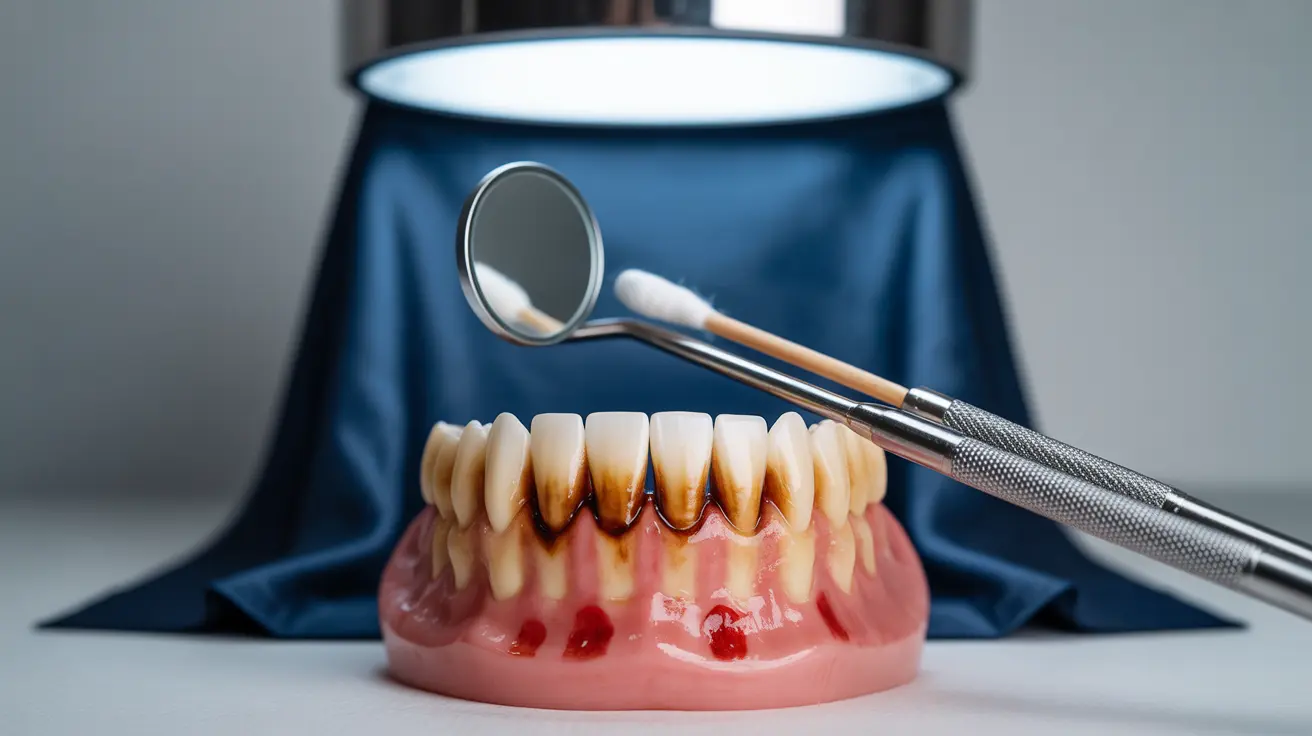Using smokeless tobacco, commonly known as dip, can have serious consequences for your oral health. Understanding these effects is crucial for anyone who uses dip or is considering quitting. This comprehensive guide explores how dip affects your teeth, gums, and overall oral health.
Understanding Dip and Its Components
Dip tobacco contains numerous harmful chemicals, including nicotine, abrasive particles, and cancer-causing substances. When placed between the lip and gum, these components directly contact oral tissues for extended periods, leading to various dental and oral health problems.
Immediate Effects on Oral Health
The direct contact between dip and oral tissues causes several immediate effects:
- Bad breath
- Discolored teeth
- Irritated gums
- Increased saliva production
- Altered taste perception
Impact on Teeth
Dip causes significant damage to teeth through multiple mechanisms:
- Severe staining and discoloration
- Increased tooth sensitivity
- Accelerated tooth decay
- Weakened enamel
- Higher risk of cavities
Effects on Gum Health
Regular dip use can severely compromise gum health:
- Progressive gum recession
- Increased risk of periodontal disease
- Weakened gum attachment
- Exposed tooth roots
- Chronic inflammation
Long-term Health Risks
Extended dip use significantly increases the risk of serious oral health conditions:
- Oral cancer
- Leukoplakia (white patches in the mouth)
- Permanent gum damage
- Tooth loss
- Bone loss in the jaw
Recovery and Prevention
While some damage from dip use may be permanent, quitting can significantly improve oral health:
- Reduced risk of oral cancer
- Improved gum health
- Better breath
- Decreased tooth sensitivity
- Enhanced healing capacity
Frequently Asked Questions
What are the common effects of using dip on teeth and gums?
Common effects include tooth discoloration, gum recession, increased cavity risk, and chronic inflammation. Users often experience bad breath, sensitive teeth, and weakened enamel due to prolonged exposure to harmful chemicals in dip.
How does dipping tobacco increase the risk of oral cancer and other mouth diseases?
Dip contains numerous carcinogenic compounds that, through prolonged contact with oral tissues, can cause cellular changes leading to cancer. It also increases the risk of leukoplakia and other precancerous conditions while compromising the mouth's natural defense mechanisms.
Can teeth staining and gum recession caused by dip be reversed by brushing or flossing?
While good oral hygiene is important, teeth staining and gum recession from dip use often cannot be completely reversed through brushing and flossing alone. Professional dental treatments may help with staining, but gum recession typically requires specialized treatment or surgery.
What signs should I watch for that might indicate dip-related oral health problems?
Key warning signs include white or red patches in the mouth, persistent sores, unusual bleeding, gum recession, loose teeth, and changes in the way your teeth fit together. Any persistent changes in your mouth should be evaluated by a dental professional.
How can quitting dip improve dental health and reduce the risk of serious oral conditions?
Quitting dip immediately stops the exposure to harmful chemicals, allowing oral tissues to begin healing. This reduces inflammation, helps prevent further damage, and significantly lowers the risk of oral cancer and other serious conditions. Regular dental check-ups can help monitor improvement and address any existing issues.




